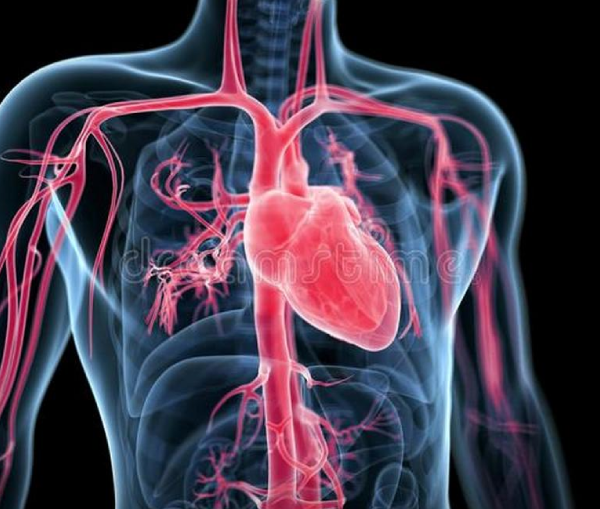
6+ YEARS OF PRACTICE
Best Interventional Cardiologist in Hyderabad
MBBS, MD (MEDICINE), DNB (CARDIOLOGY)
Dr. Kiran Teja Varigonda is a Consultant Interventional Cardiologist at Yashoda Hospitals, Hitec City. He completed his DM Cardiology from the prestigious Sri Jayadeva Institute of Cardiovascular Sciences, Bangalore. Recognized as one of the Best Interventional Cardiologists in Hyderabad, he is a compassionate and skilled cardiac specialist with a strong focus on preventive cardiology, including the management of lipid abnormalities, diabetes, and hypertension.
His expertise lies in complex coronary interventions, particularly those involving calcific and bifurcation lesions. As one of the Best Interventional Cardiologists in Hyderabad, Dr. Varigonda is proficient in utilizing advanced technologies such as Imaging (IVUS/OCT), Laser, and IVL. He also holds a special interest in structural interventions (balloon procedures and TAVI), pacemaker implantation (PPI, AICD, CRT), and device closures for congenital heart defects like ASD, VSD, and PDA.
about Doctor








